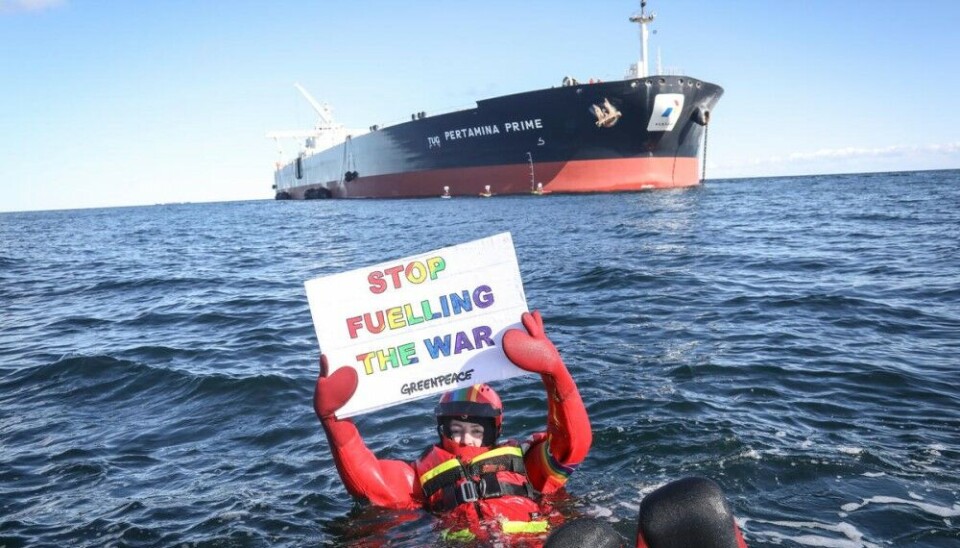
Russia bans Greenpeace
Undesirable Organization: Greenpeace was until Friday the last international environmental organization not attacked by repressive authorities in Russia.
The Prosecutor General’s Office in Moscow on Friday afternoon decided to list Greenpeace as undesirable in the territory of the Russian Federation.
Now every international environmental organization has been banned or severely limited in Russia. Greenpeace in particular had brought attention to Arctic oil spills and wildfires ignored by the authorities.
The procurator’s office says it made a review of materials received about Greenpeace’s activities and concluded that the organization poses a threat to the constitutional order and security of the Russian Federation.
This argumentation is similar to the wording when the Norwegian non-governmental environmental group Bellona last month was declared “undesirable”.
For Greenpeace, the Procurator General added “…. Greenpeace’s environmental activities are actually accompanied by an active promotion of a political position, attempts to interfere in the internal affairs of the state and are aimed at undermining its economic foundations.”
“Greenpeace activists are engaged in anti-Russian propaganda, calling for further economic isolation of our country and tougher sanctions measures,” the ruling says.
Moscow’s crackdown on environmental groups started with the new “foreign agents” laws introduced in 2012. A long list of non-governmental groups working to protect nature and health in Russia were listed, among them AETAS in Arkhangelsk and World Wild Life Found.
Greenpeace first established a Russian branch in 1992 and had its main office in Moscow.
Prirazlomnoye action
In 2013, the organization made headlines in the North when activists attempted to scale Gazprom Neft’s Prirazlomnaya drilling rig in the eastern Barents Sea as part of a protest campaign against exploration of oil in the Arctic.
The ship “Arctic Sunrise” was arrested and 28 activists and two freelance journalists were detained in Murmansk for three months. The ship itself was released half a year later.
6 years in jail
The law on undesirable organizations has been expanded several times and can be used to hinder any foreign or international organization that allegedly undermines Russia’s constitutional order, military, or security.
When blacklisted, any “undesirable organization” must cease all activities in Russia or face criminal sanctions.
A 2021 amendment to the law makes it easier to open criminal cases for people affiliated with an undesirable organization. Offenses carry a punishment of up to six years in prison.














